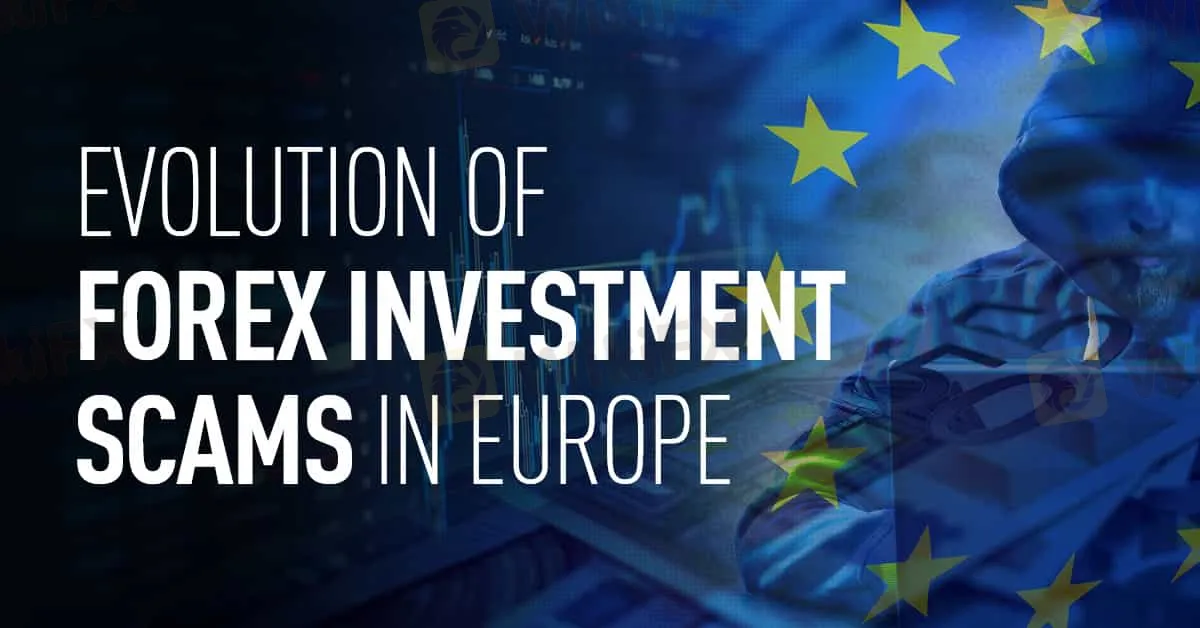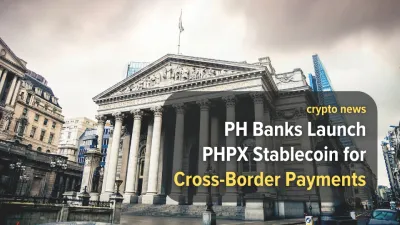简体中文
繁體中文
English
Pусский
日本語
ภาษาไทย
Tiếng Việt
Bahasa Indonesia
Español
हिन्दी
Filippiiniläinen
Français
Deutsch
Português
Türkçe
한국어
العربية
Navigating the Shifting Tides: Evolution of Forex Investment Scams in Europe
Abstract:In recent years, the forex market in Europe has witnessed a significant surge in investment scams, prompting a closer examination of the evolving landscape and the tactics employed by fraudsters. As technology continues to advance, scammers are becoming increasingly sophisticated, exploiting various channels to target unsuspecting investors. In this article, we explore the trends and tactics characterizing the evolution of forex investment scams in Europe, shedding light on the challenges faced by both investors and regulatory bodies.

In recent years, the forex market in Europe has witnessed a significant surge in investment scams, prompting a closer examination of the evolving landscape and the tactics employed by fraudsters. As technology continues to advance, scammers are becoming increasingly sophisticated, exploiting various channels to target unsuspecting investors. In this article, we explore the trends and tactics characterizing the evolution of forex investment scams in Europe, shedding light on the challenges faced by both investors and regulatory bodies.
The traditional image of a scam often involved poorly crafted emails or unsolicited phone calls, promising quick riches through forex trading. However, the landscape has shifted, with scammers leveraging advanced technology and social media platforms to reach a wider audience. Today, potential victims can be lured through seemingly legitimate websites, sponsored advertisements on social media, or even fake mobile applications.
One notable trend in the evolution of forex scams is the use of sophisticated websites that mimic the appearance of reputable trading platforms. These websites often feature professional design, fake testimonials, and fabricated performance charts, creating a convincing façade. Investors, enticed by the promise of high returns, may unknowingly deposit funds into accounts controlled by fraudsters.
Moreover, scammers exploit the popularity of social media platforms to target individuals interested in forex trading. Fake profiles and groups are created to share misleading information, enticing users to click on fraudulent links or engage in communication with seemingly knowledgeable individuals. The rise of social trading has also become a breeding ground for scams, as investors may blindly follow the trading strategies of supposed experts without verifying their credentials.
To combat these evolving scams, regulatory bodies in Europe face a daunting challenge. The fast-paced nature of the online world requires adaptive regulatory frameworks capable of keeping up with the ever-changing tactics of scammers. Despite efforts to enforce stringent regulations, the borderless nature of the internet poses difficulties in prosecuting perpetrators who operate across multiple jurisdictions.
As investors navigate these treacherous waters, one resource that stands out in providing valuable insights and information is WikiFX. WikiFX is a comprehensive platform dedicated to forex broker information, regulatory status, and user reviews. By leveraging advanced technology, WikiFX collects and analyzes data from various reliable sources to create a transparent and user-friendly database. Investors can access detailed profiles of forex brokers, including regulatory information, trading conditions, and user experiences.
WikiFX serves as a safeguard against scams by offering a platform for investors to verify the legitimacy of brokers before engaging in any transactions. The platform's extensive database covers a wide range of brokers operating in Europe and beyond, providing users with the tools to make informed decisions. WikiFX also offers educational resources, including articles and tutorials, to enhance users' understanding of the forex market and mitigate the risk of falling victim to scams.
For those seeking a trustworthy source to navigate the intricate world of forex trading, WikiFX is a valuable ally. The platform's commitment to transparency and user empowerment aligns with the need for investors to stay informed and vigilant in the face of evolving scams.
In conclusion, the evolution of forex investment scams in Europe demands increased awareness and diligence from investors. The use of sophisticated tactics by scammers requires a collaborative effort between investors, regulatory bodies, and platforms like WikiFX to create a safer trading environment. By understanding the trends and tactics employed by fraudsters, investors can better protect themselves and make informed decisions in the complex world of forex trading.

Disclaimer:
The views in this article only represent the author's personal views, and do not constitute investment advice on this platform. This platform does not guarantee the accuracy, completeness and timeliness of the information in the article, and will not be liable for any loss caused by the use of or reliance on the information in the article.
Read more

Philippine Banks Launch PHPX Stablecoin for Cross-Border Payments
Philippine banks collaborate to launch PHPX, a peso-backed stablecoin, revolutionizing cross-border payments with real-time transfers and financial inclusion goals.

The Yuan’s Struggle: How China Plans to Protect Its Economy
China introduced new measures on Monday to support its weakening currency, the yuan, amidst mounting economic and political pressures. The government announced plans to boost foreign exchange reserves in Hong Kong and ease borrowing restrictions for companies to improve capital flows.

XTB Secures UAE and Indonesia Licenses, Expands in 2025
XTB accelerates global growth in 2025 by securing key licenses in the UAE and Indonesia, paving the way for broader services and innovative offerings worldwide.

The Euro at Risk of Falling Below Parity with the Dollar
Recently, on January 13, the US Dollar Index broke through the 110 mark, hitting its highest level since November 2022, before pulling back slightly to around 109.93.
WikiFX Broker
Latest News
Wolf Capital Exposed: The $9.4M Crypto Ponzi Scheme that Lured Thousands with False Promises
Confirmed! US December non-farm payroll exceeded expectations
Spain plans 100% tax for homes bought by non-EU residents
90 Days, Rs.1800 Cr. Saved! MHA Reveals
The Yuan’s Struggle: How China Plans to Protect Its Economy
LiteForex Celebrates Its 20th Anniversary with a $1,000,000 Challenge
Misleading Bond Sales Practices: BMO Capital Markets Fined Again by SEC
Italy’s Largest Bank Intesa Sanpaolo Enters Cryptocurrency Market
What Every Trader Must Know in a Turbulent Market
400 Foreign Nationals Arrested in Crypto Scam Raid in Manila
Currency Calculator






